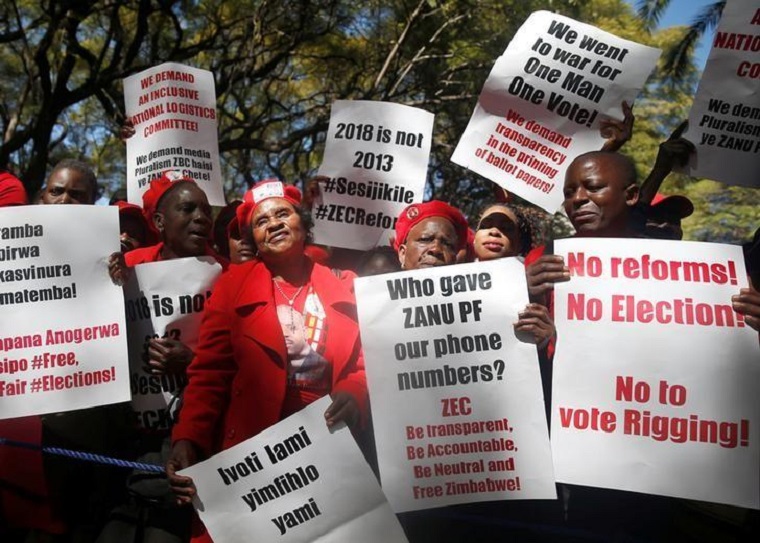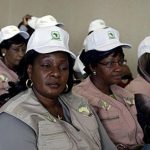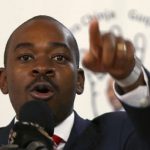18- Practise what you preach
Hartwell argues that this issue is a rather simple and basic: the MDC-T should have done more to practice what they preached. The MDC was originally born during turbulent times, characterised by violence and a massive political and economic crisis. The party consequently emerged as a movement that stood for an end to corruption and the building of democracy based on human rights, constitutionalism, and other freedoms. If these values and believes are not respected within the party, then why should supporters believe that the MDC-T will be able to translate these issues into reality if they come into power?
With regards to democracy, the MDC-T demanded democracy at a national level but some MDC-T leaders were unwilling to practice the same values inside the party. Undemocratic decisions were being made related to a host of issues, ranging from the imposition of candidates at the primaries to decisions that were made by Tsvangirai’s kitchen cabinet, thereby bypassing party structures and procedures. Violence within MDC-T is also a serious issue where the party has failed to demonstrate how it is different from ZANU-PF.
19-Reconciliation starts in-house
By the time the MDC-T joined the inclusive government, it was to a certain degree already a party divided along ethnic, tribal and racial lines. In 2005, “MDC youths camped out at Harvest House … and then attacked people after they were fed ethnic propaganda about Welshman Ncube planning to take over the MDC.” The violent group that operated from within Harvest House were led by a “tribal clique from Masvingo”, Hartwell argues. These internal cleavages made the MDC-T weak because the party has not yet confronted the ghosts from within. As is the case at the national level, diversity has been exploited rather than embraced. Consequently, the MDC-T has lost a great deal of diverse appeal because the party’s original support base included people from all walks of life. On top of that, the MDC-T also operates in a very patriarchal manner. Strong women figures, who played a vital role in mobilising support for the MDC during the party’s formative years have largely disappeared exactly because they have been marginalised by the party. Either opposition parties in Zimbabwe should continue to establish their own social cliques based on selfish identity politics and accept ZANU-PF dominance; or they can choose to move forward as a strong, unified collective that respects and embraces diversity.
20- Do not take people for granted
Hartwell argues that it is safe to argue that the MDC-T’s relationships with their voters, civil society organisations (CSOs), the media, and the diplomatic community worsened during the inclusive government years. Representatives of CSOs complained that the MDC-T’s top leaders were taking them and their work for granted, despite areas of convergence on some of the reforms that they were pursuing. One has the impression that the MDC-T expected CSOs to behave in a certain way and to tread carefully, as was the case with the media. Some representatives of CSOs have claimed that the MDC-T leadership called in some of them whenever these organisations were critical of the MDC-T. That is unacceptable. CSOs have the right to judge the MDC-T with the same democratic or liberal lenses that they wear when they engage or criticise ZANU-PF. Although the MDC-T was historically born from within civil society, that does not mean that CSOs owe anything to the party. Rather, CSOs have a specific role to play just like the MDC-T chooses its own course. (One might ask: is Chamisa not taking the people too much for granted?)
21-Sometimes there can be no middle ground
During the inclusive government years, some MDC-T members seemed like they were good friends with ZANU-PF members. This is natural given that the parties spent a lot of time together in several negotiation settings, thereby so to speak helping former ‘enemies’ to see one another as being ‘opposition’. Yet, there came a time, particularly in the run up to the election, when the MDC-T should have drawn a clear line between their views and that of ZANU-PF, Hartwell argues. (Chamisa has indeed stood starkly against Mnangagwa but he seems to be cozying up with Mugabe and his denials about reserving the vice-presidency for Mugabe’s wife sound hollow because he says he is talking to Mugabe, about what?)
(1719 VIEWS)


